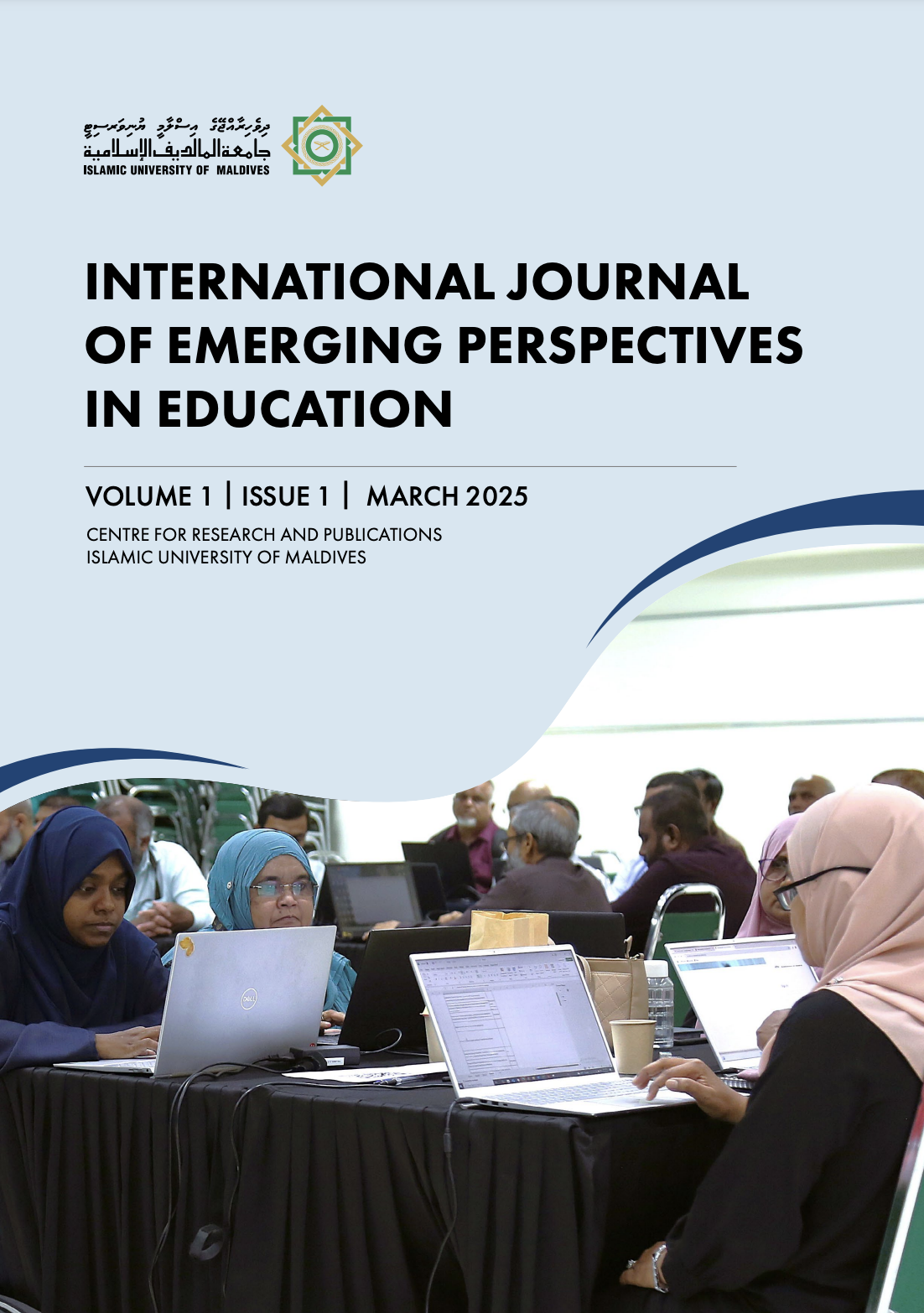A Comparative Study on Digital Competency among Accounting Student between Public University and Private University in Malaysia
Keywords:
Digital Competency, Accounting Students, Public University, Private University, Digital Skills Assessment, Higher Education, Quantitative ResearchAbstract
Digital competency is a crucial soft skill for accounting students to meet job requirements. In the accounting field, digital competency is particularly important due to the increasing reliance on technology for data analysis, reporting, and compliance. This study aims to: (1) identify the digital competency levels of accounting students and (2) compare these levels between public and private university students in Malaysia. This quantitative study collected data via questionnaires from 202 accounting students in Malaysia, achieving a 67% response rate. This sample size is representative of the broader student population. The comprehensive assessment covers six elements of digital competence: technical competency, informational competency, problem-solving competency, communication and collaboration competency, safety competency, and accounting competency. The level of digital competence among accounting students is mixed. Safety competency scored the highest at 4.17, indicating strong awareness of digital safety practices. Communication and collaboration competency was also high at 4.03, reflecting effective teamwork and communication skills in digital environments. Informational competency was medium-high at 3.92, suggesting moderate proficiency in managing digital information. Technical competency (3.54) and accounting competency (3.58) were relatively lower, while problem-solving competency was the lowest at 3.39, indicating a need for improvement in applying digital tools to solve complex problems. The t-test analysis revealed that public university students exhibited significantly higher competency levels in technical competency (p < 0.05), informational competency (p < 0.05), and problem-solving competency (p < 0.05) compared to private university students. No significant differences were found in communication and collaboration competency, safety competency, and accounting competency between the two groups. This research provides valuable insights into the digital competencies of accounting students and suggests a model for enhancing digital skills in accounting education. Integrating digital competencies into the accounting curriculum can better prepare students for the digital demands of the accounting profession improving by their proficiency in essential areas such as technical skills and problem-solving. Future research should explore the complex relationships between digital competency, digital awareness, and performance to further refine educational strategies.


